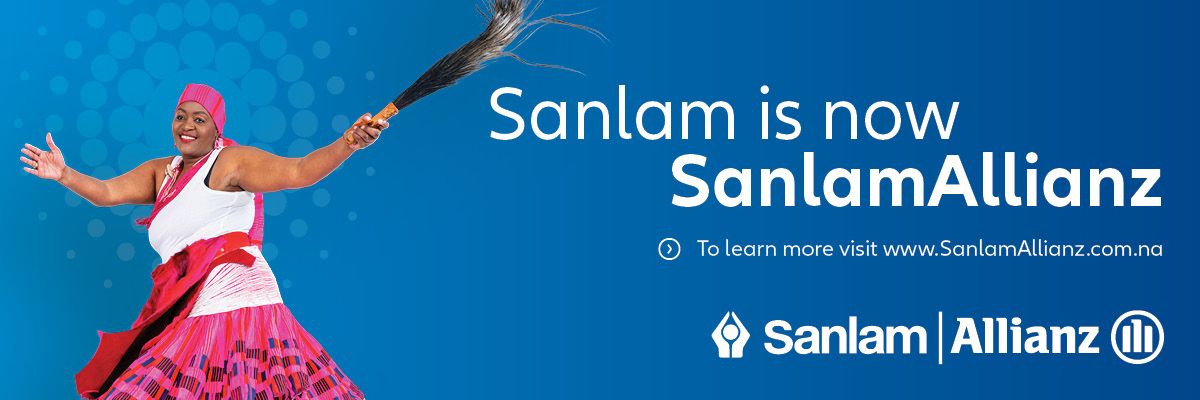The One Economy Foundation鈥檚 #BeFree Cares Clinic, in partnership with the Ministry of Health and Social Sciences, conducted a week-long outreach programme in the Kamutjonga, Andara, Shamangorwa, Korokoko, and Likwaterera areas of the Kavango East region.
The outreach focused on providing Sexual and Reproductive Health (SRH) services, including family planning, and the dissemination of accurate information on various contraceptive methods, particularly Long-Acting Reversible Contraceptives (LARCs) to the different communities.
This was prompted by the region鈥檚 alarming rates of teenage pregnancies and the limited availability of SRH services, which impact the health, educational, social, and economic opportunities of young women and girls.
According to a statement, a significant number of the young women who sought SRH services were already mothers to one or more children, with some mothers being as young as 16.
Furthermore, 76% of women who sought family planning services preferred the Depo-Provera injection due to its lack of a recovery period, compared to other contraceptive methods such as implants. This suggests limited awareness and uptake of LARC methods.
The outreach also identified challenges affecting access to SRH services in the region, including shortages in human resources and the influence of religious beliefs. These challenges were consistently observed across more than three of the outreach sites.
Meanwhile, all of the 183 clients who tested for HIV were negative, and many had already been tested less than three months ago. This reflected encouraging HIV prevention and management practices in the region.
A report compiled revealed that the SRH provided a total of 2,436 services to 576 clients. These included information and education services to 576 clients, 496 contraceptive pills, 82 contraceptive implants, 37 contraceptive injections, family planning services to 496 clients, 476 pregnancy tests, 12 tetanus vaccinations, 13 pre-exposure prophylaxis (PrEP) to clients, eight general ailment treatments, and one home visit.
As part of our broader social support efforts, the outreach also provided material support to a family that cares for a malnourished child. The material support included food, clothing, blankets, and toiletries.
